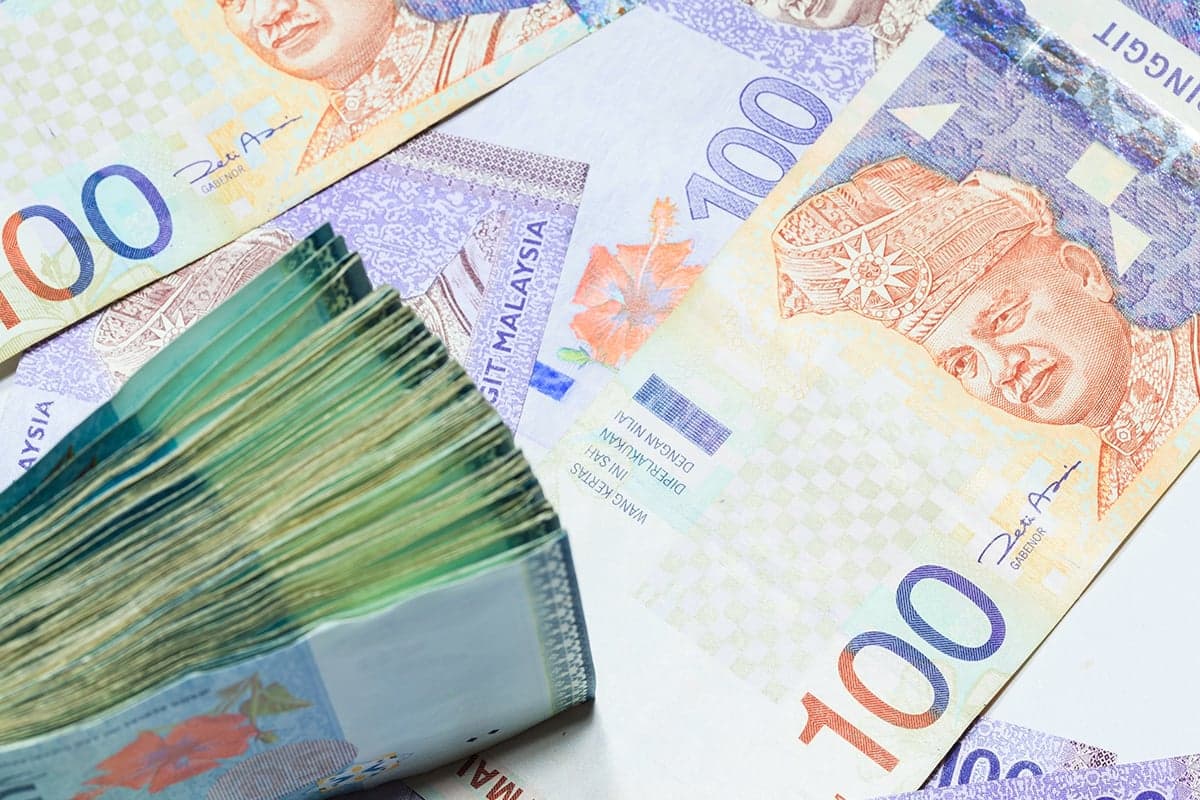
KUALA LUMPUR (May 26): The recent depreciation of the ringgit against the US dollar is not limited to Malaysia alone, according to Bank Negara Malaysia (BNM).
In a statement on Friday (May 26), the central bank highlighted that in the current environment, external developments are having a more dominant impact on ringgit performance. Given this, the ringgit’s performance against the US dollar, or any particular currency, is not a reflection of the state of the economy.
The ringgit broke the 4.60 level against the greenback recently, touching a low of 4.6265 on Thursday. At the time of writing, the ringgit was rebounding slightly to 4.6003. Year to date, the local currency has weakened 4.8% against the US dollar.
According to BNM, ongoing developments in global financial markets have weighed down on market sentiment. These include the US debt ceiling impasse and episodes of stress in the US and European banking sectors.
“This has led to an increase in demand for safe-haven assets such as the US dollar and outflows from most emerging market economies as investors seek to protect their investments. Against this backdrop, the US dollar has strengthened against most currencies.
“Consequently, the ringgit, like most currencies, has faced heightened depreciation pressures. The recent depreciation of the ringgit is therefore not limited to Malaysia alone. It is important to consider the overall performance of the ringgit in relation to not only the US dollar but also the currencies of our significant trading partners,” said BNM.
It pointed out that the movement of the ringgit against major trade partners, as measured by the nominal effective exchange rate (NEER), has been relatively more muted.
Nonetheless, BNM said movements in the ringgit would continue to be market determined and the central bank will continue to manage the risks arising from heightened financial market volatility.
“To this end, BNM’s market operations will ensure sufficient liquidity and orderly functioning of financial markets. The ringgit’s performance should improve as uncertainties from global market developments subside. This in turn will better reflect Malaysia’s sound economic fundamentals,” it added.
Meanwhile, BNM expects Malaysia’s economy to continue expanding within the range of 4% and 5% in 2023. Domestic demand will continue to drive growth, supported by continued recovery in the labour market and the realisation of approved multi-year investment and capital projects, including approved foreign direct investments, such as the East Coast Rail Link (ECRL), light rail transit line three (LRT3), and Pan Borneo Highway.
